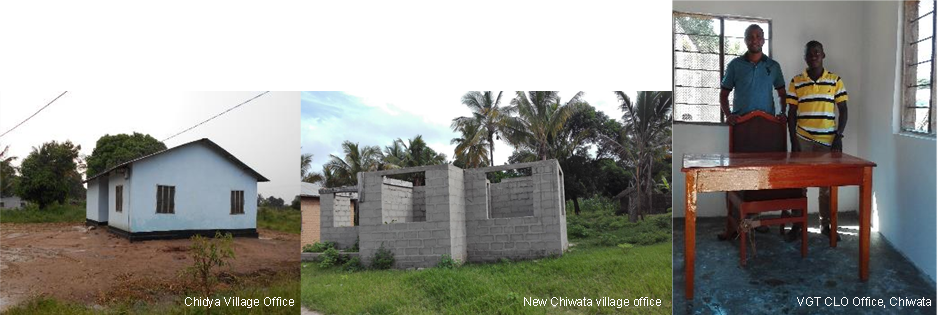At Volt, we aspire to become a leader in the critical minerals industry, growing shareholding value through the sustainable development and operation of our assets.
The key to implementing our ESG strategy is built on our Values of “grow together”, “do the right thing” and “heshima daima” (always respect). Our pursuit of the highest standards of ethics is the driver for our Values.
In developing this Policy, we partnered with UK-based sustainability experts, Uvuna Sustainability, and researched broadly to customise an interpretation of ESG that resonates with us as an organisation.
Our ESG Strategy

The Economic aspect underpins success in both the ESG strategy and the business as a whole.
This four-pillar model best encapsulate our ESG ambitions as:
- it focusses on the pursuit of long-term value creation in a manner that accounts for the needs of all of Volt’s stakeholders, and society at large;
- the metrics are organised under four pillars that are aligned with the United Nations Sustainable Development Goals (SDGs), and
- the WEF framework recognises the role of businesses in driving economic growth, innovation and shared wealth to establish and maintain prosperous societies.
Our ESG/E Commitments
Inaugural ESG/E commitments
| Environmental | Social | Governance |
|---|---|---|
| Apply the mitigation hierarchy to avoid, minimise and mitigate environmental impacts from the earliest stage in a project development life cycle. | Ensure that our actions and organisational culture uphold the Human Rights of all people with whom we engage. | Comply with applicable legislation of the host countries in which we operate. |
| Develop water models and associated monitoring and measurement frameworks in pursuit of establishing water improvement objectives. | Assess our potential exposure to Human Rights and Modern Slavery risks within our organisation and primary supply chain, and develop responses as appropriate. | Provide the necessary human and financial resources to ensure the effective implementation of our ESG Policy. |
| Prioritise the use of mine-generated or mine-impacted water to reduce our reliance on fresh water, minimising our impact on host catchments. | Ensure that all employees who wish to do so, are afforded the opportunity to join worker representation organisations. | Implement pragmatic environmental and social management systems that deliver on business imperatives and are aligned with good international practice. |
| Undertake appropriate assessments to improve our understanding of biodiversity attributes and ecosystem services. | Provide clear employment terms and conditions including mechanisms for employee engagement and grievance resolution. | Implement mechanisms to assess the ability of our primary suppliers to align with our ESG requirements and obtain their commitment to do so. |
| Where significant impacts to biodiversity are identified, develop biodiversity management plans aligned with international good practice. | Evaluate our employment and remuneration systems across all levels to maintain a non-discriminatory employment environment. | Evaluate our current compliance with industry best practice design and management of tailings facilities and develop action plans to address any gaps. |
| Prepare emissions inventories for all Scope 1 and Scope 2 greenhouse gas emissions and associated emissions reductions targets. | Ensure that the management systems we implement will specifically consider and address the potential impacts of our activities on host communities. | Design, implement and test robust emergency preparedness and response plans that address both onsite and offsite incidents and their related impacts. |
| Undertake climate vulnerability assessments and develop plans to implement the resulting recommendations. | Wherever possible, implement measures to avoid the displacement of communities and, where no alternative exists, undertake resettlement processes in compliance with national legislation and in pursuit of alignment with international good practice. | |
| Economic | ||
| Prioritise the employment of persons and engagement of suppliers local to our operations wherever possible. | ||
| Ensure that our share of taxes and royalties are paid in the correct jurisdictions and at the right time. | ||
| Maintain sound financial management practices aimed at sustaining business continuity and in pursuit of long-term value creation. | ||







